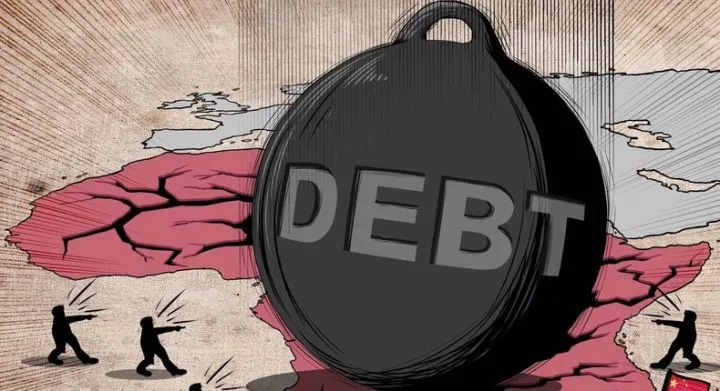
The world's poorest nations are being forced to prioritize debt repayments over important investments, affecting their progress toward achieving sustainable development goals, according to Achim Steiner, the head of the United Nations Development Programme.
Speaking at an event in Hamburg on Monday, Steiner noted how this financial strain is making it difficult for countries globally to meet these goals, Reuters reported.
"For many, least developed countries, they have been priced out of the financial markets. They cannot borrow any more money," Steiner stated, adding that they must draw down other spending to avoid debt default. "It's a very extreme situation."
For example, a growing number of African countries have found themselves caught in the challenging web of debt distress, a predicament exacerbated by the COVID-19 pandemic, and global economic downturn.
Nearly half of the continent's countries face difficulties making their debt repayments according to figures compiled by the World Bank and International Monetary Fund.
As countries deal with growing debt, their credit ratings drop, making it tougher to get loans from major financial institutions like the IMF and World Bank.
Worse still, countries such as Ghana, Ethiopia, Zambia and Sri Lanka have defaulted on their debt in recent years. At the same time, the world faces the need for trillions of dollars annually to meet climate-related spending targets.
Achim Steiner, head of the United Nations Development Programme, stressed that increasing financial resources is "absolutely central" to achieving sustainable development goals.
His organization is keeping a close eye on the situation, as the gap between funding needs and available resources continues to widen.
"We have to tackle this issue of our international financial architecture and our international financial system," Steiner said. "If not, we are going to fall apart in our endeavour to find answers that our citizens are expecting us to find."
World Bank President Ajay Banga, speaking at the same event, emphasized that official and multilateral lenders alone cannot provide the estimated $4 trillion needed to achieve sustainable development goals without private sector involvement.
"That gap is going to need the private sector," Banga said during a panel discussion, suggesting that using public funds to de-risk private investment could help leverage multilateral balance sheets.
He noted that institutions like the World Bank have already increased insurance coverage for investors looking to get involved in renewable energy in the developing world.

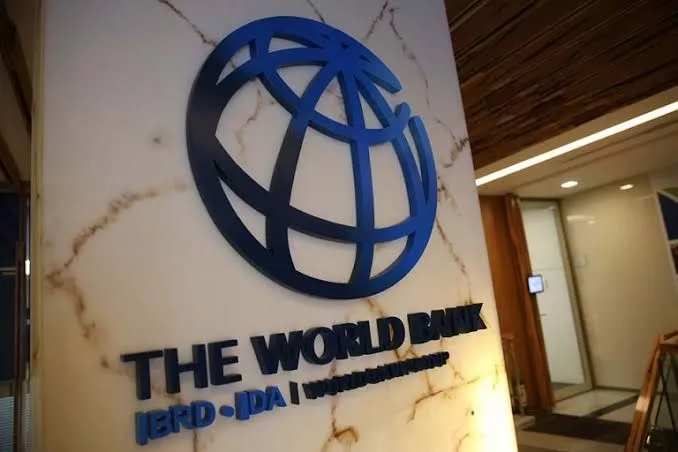
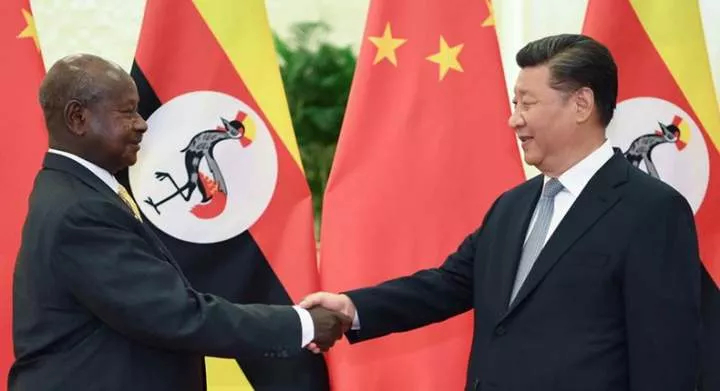
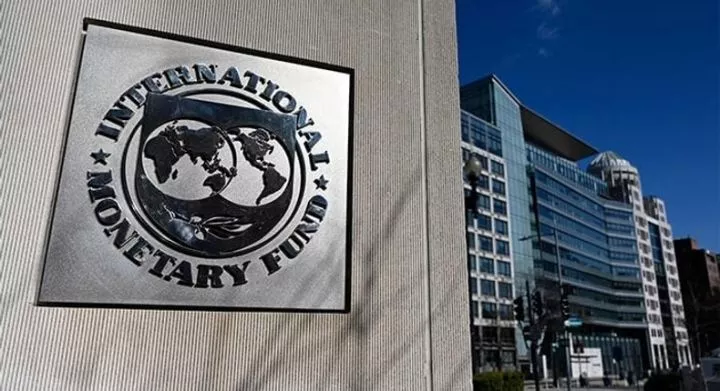
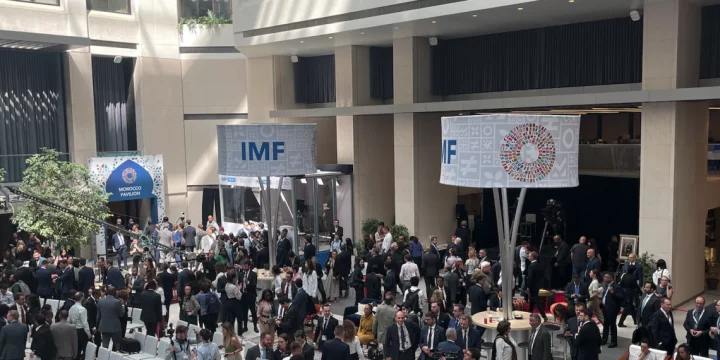

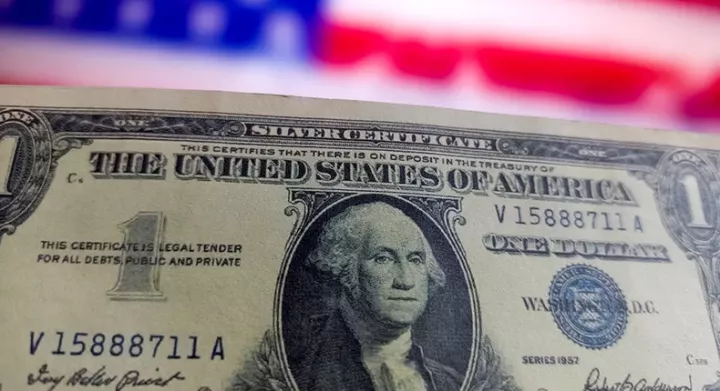

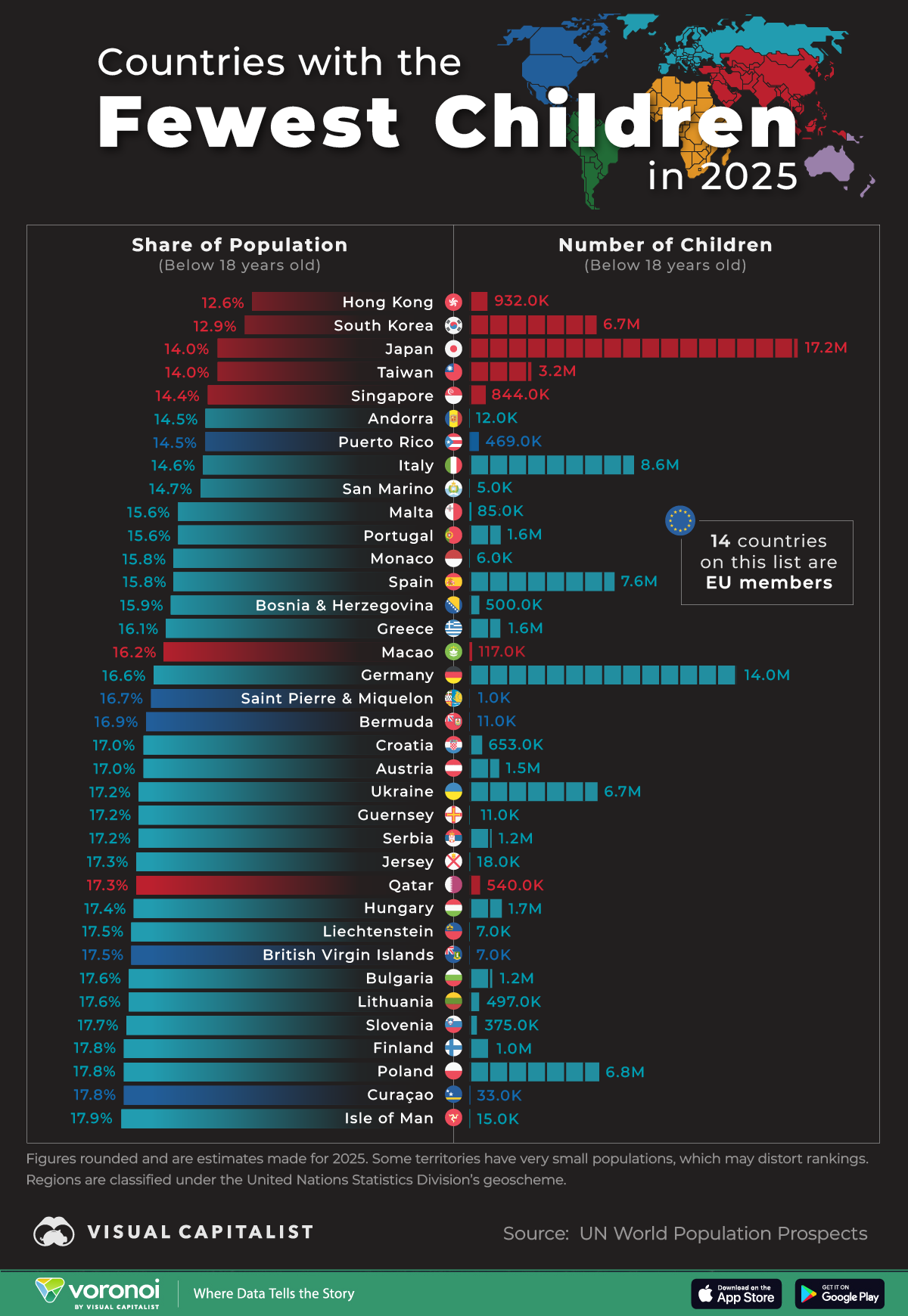








Comments